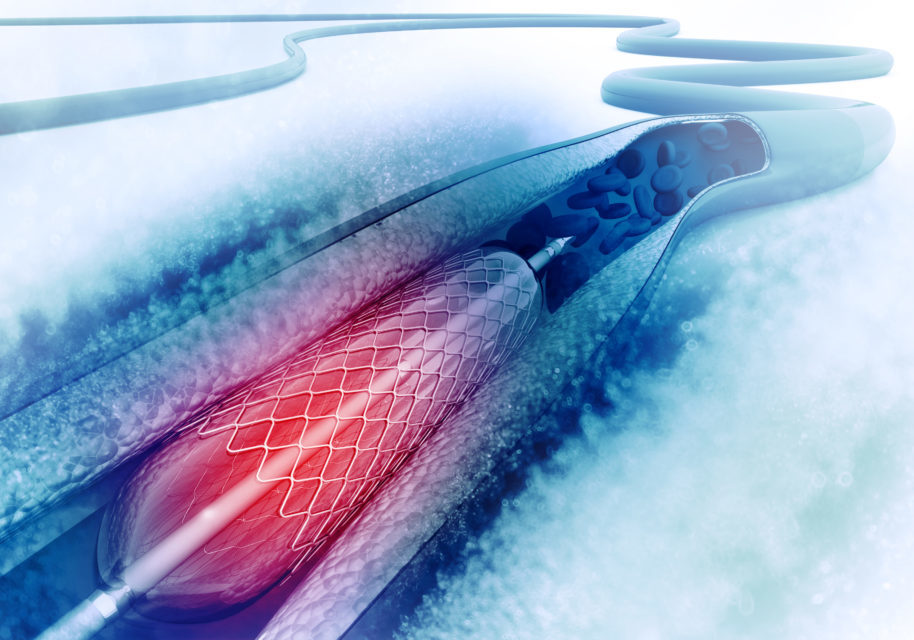
Pneumatosis and/or perforation represents a rare, yet extremely serious complication of acute gastrointestinal (GI) graft-versus-host disease (GVHD) following allogeneic hematopoietic cell transplant (alloHCT), according to a study presented at the 2021 TCT Meetings of ASTCT & CIBMTR Digital Experience.
In this study, researchers identified 13 patients who underwent an alloHCT at Mayo Clinic, between 2005 and 2019 and developed acute GI GVHD. All subjects were diagnosed with grade III/IV acute GI GVHD and pneumatosis intestinalis or frank bowel perforation.
According to the results, 11 patients had prior cross-sectional imaging that did not show pneumatosis/perforation. The researchers noted that all diagnoses of intestinal perforation/pneumatosis were made via a computed tomography (CT) exam. After an average follow-up of 121 months, only four patients were alive; of those who died, six were deemed related to pneumatosis, while three were deemed unrelated. After a follow-up of 161 months, median overall survival (OS) was seven months, the investigators noted.
“Our results suggest that patients diagnosed with acute GI GVHD should undergo a baseline abdominal/pelvis CT scan at diagnosis of GI GVHD with consideration for follow-up imaging, which may allow for an early identification of pneumatosis/perforation. Following pneumatosis, the risk median OS is poor regardless of conservative or aggressive surgical treatment modality,” the researchers concluded.
Read more at: https://tct.confex.com/tct/2021/meetingapp.cgi/Paper/17588
Langer K, et al. Intestinal Pneumatosis and Perforation Are a Rare but Serious Manifestation of Gastrointestinal Graft-Vs.-Host Disease Following Allogeneic Stem Cell Transplant. Published for the 2021 TCT Meetings of ASTCT & CIBMTR Digital Experience; February 8-12, 2021.







 © 2025 Mashup Media, LLC, a Formedics Property. All Rights Reserved.
© 2025 Mashup Media, LLC, a Formedics Property. All Rights Reserved.